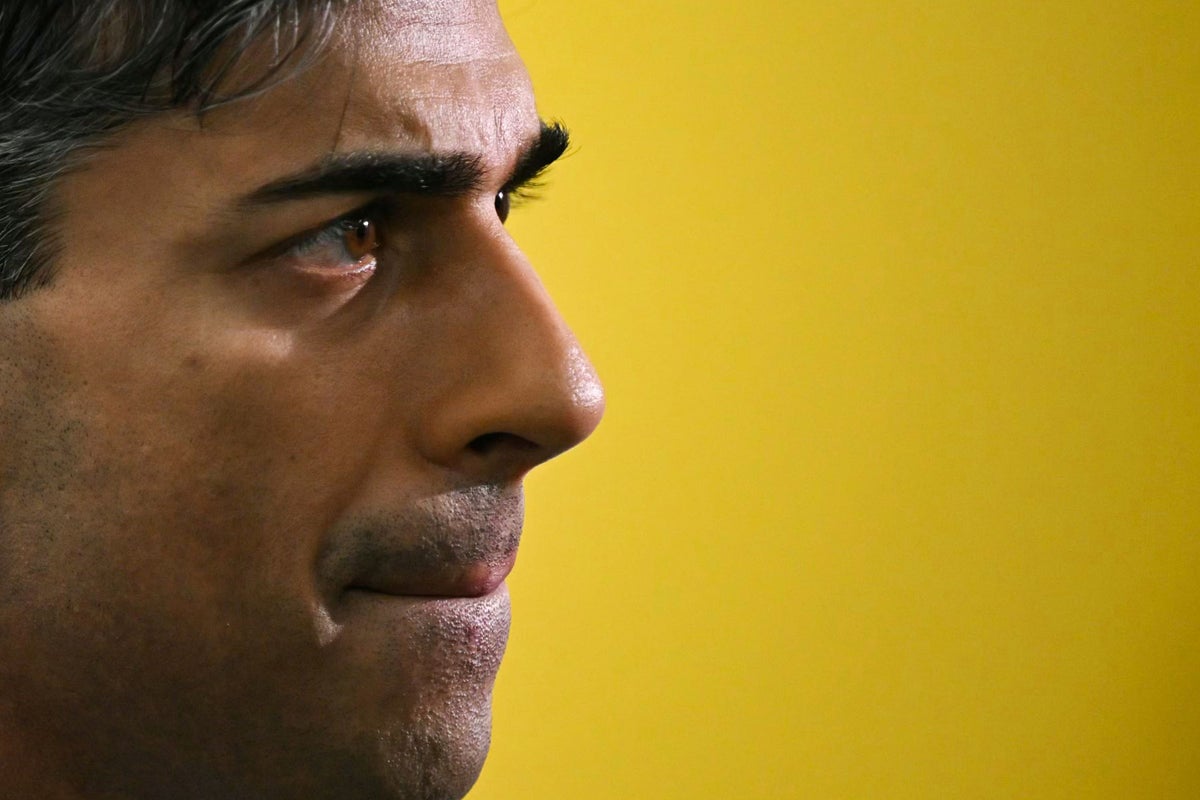
The UK government has criticised Ireland’s plans to sue the UK in the European Court of Human Rights over its offer of immunity for Troubles-era crimes.
The row risks plunging Anglo-Irish relations to their worst point in decades.
Ireland’s deputy prime minister Micheal Martin said the UK scheme was opposed by many who had been affected by Northern Ireland’s deadly decades-long conflict, “especially the victims and families”.
But the UK government hit back, effectively accusing its Irish counterpart of hypocrisy. “The Irish government should urgently clarify the number of criminal prosecutions brought in Ireland since 1998 relating to Troubles cases,” secretary of state for Northern Ireland Chris Heaton-Harris said.
Describing the case as “unnecessary”, he said the UK government “profoundly regrets the decision taken by the Irish government”.
Designed in part to protect former British soldiers from prosecution, the Irish will argue the change in the law is incompatible with the UK’s obligations under the European Convention on Human Rights (ECHR).
As well as inflaming international tensions, the move risks reigniting the row within the Conservative Party over the ECHR and the Strasbourg court, which enforces the convention.
Earlier this month, sacked home secretary Suella Braverman warned Rishi Sunak he must ignore ECHR and other human rights laws to get his failed Rwanda deportation scheme under way – or face “electoral oblivion”.
The Troubles legislation has faced widespread opposition from political parties and victims’ organisations in Northern Ireland.
Micheal Martin said his government’s decision was taken after “much thought and careful consideration”.
He added the legislation would “shut down existing avenues to truth and justice for historic cases”.
Micheal Martin: ‘This legislation is opposed by people in Northern Ireland’— (AP)
“I regret that we find ourselves in a position where such a choice had to be made,” he said, and accused the British government of pursuing legislation “unilaterally”, saying it had “removed the political option, and … left us only this legal avenue”.
Amnesty International said the Irish government was “doing the right thing” for victims of the Troubles.
Aspects of the new law include that those who cooperate with the new truth and reconciliation commission will have a limited form of immunity from prosecution.
The new act will also halt future civil cases and legacy inquests.
Multiple victims and family members are supporting a legal challenge against aspects of the act at the High Court in Belfast.
Mr Martin said the incorporation of the ECHR was a fundamental requirement of the 1998 Good Friday Agreement. “Serious reservations about this legislation have also been raised by a number of international observers, including the Council of Europe’s commissioner for human rights and the UN high commissioner for human rights.
“Most importantly, this legislation is opposed by people in Northern Ireland, especially the victims and families who will be most directly impacted by this act.”
Mr Martin added: “Even in cases in which immunity is not granted, reviews by the proposed body, the Independent Commission for Reconciliation and Information Recovery [ICRIR], are not an adequate substitute for police investigations, carried out independently, adequately, and with sufficient participation of next of kin.”
Conservative MP Sir John Hayes, the leader of the Common Sense Group of MPs, said the legal action “reinforces again the argument we have to look at this again”.
“It is a really good example of ECHR being used in a perverse way,” he said. “The ECHR has to be radically reshaped or we have to leave. And it is unlikely to be radically reshaped.”
SDLP leader Colum Eastwood described the challenge as “welcome” and “utterly necessary”.
But DUP leader Sir Jeffrey Donaldson accused Dublin of “double standards”. He said his party opposed the amnesty plans “but I don’t think the Irish government are in a very strong position to point the finger ... for years effectively there has been a form of amnesty in the Irish Republic because they have not actively pursued those responsible for these crimes.”
Downing Street has been approached for comment.







